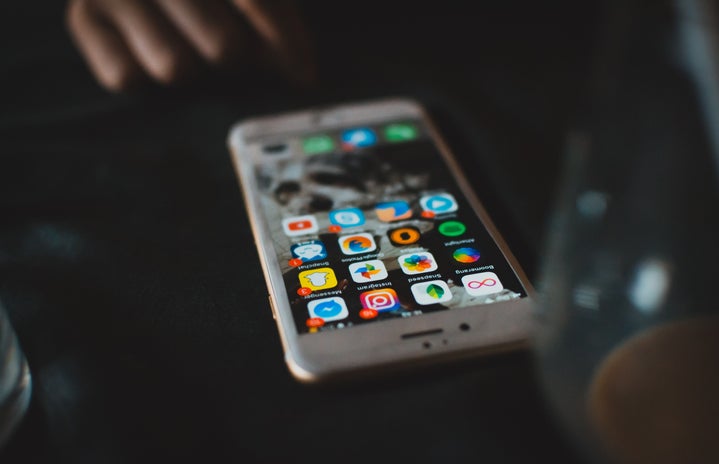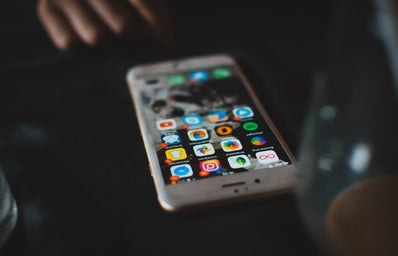Conspiracy theories are such a strange thing. It leaves you wondering what really happened in certain situations. To me, they are really interesting. Whilst I don’t exactly believe in the whole “the moon landing wasn’t real” or “Elvis isn’t dead”, some conspiracies really do leave you wondering if it really happened. One that crosses my mind often is who really killed JFK. There are so many theories surrounding the conspiracy, but none backed with hard evidence which leaves you wondering if your opinion is what actually happened during such tragic events.
That being said, I have had many conversations about conspiracies lately with friends or family (I promise I’m not crazy, I just find them fascinating!). It’s left me wondering with one specific question, why do people get so invested in conspiracy theories?
I had a little look into this so you don’t have to. According to Psychology Today, there are three main reasons for this:
- The desire for understanding and certainty
- The desire for control and security
- The desire to maintain a positive self-image
The fact of the matter is that as humans, we hate uncertainty and not receiving answers. Even if we hate to admit it, we are all very nosey when it comes to certain situations. When the world becomes more and more uncertain as time goes on, it becomes even more appealing to believe in certain things so they finally make some sense.
However, some conspiracy theories are fuelled purely by the idea there are forces plotting against you. The internet has not helped this either. For example, the conspiracy COVID-19 isn’t real and completely made up is a perfect example of certain people of the public feeling attacked and wanting to create biases as well as mental shortcuts to strengthen the situation they are in. Social media contribution to unreasonable ideas like these are heightened and fuelled by others on social media filled with more problematic thinking.
Either way, people hate unanswered questions and if we don’t get an answer to a situation, such as how Princess Diana really died, we begin to make speculations. This way, one creates their own answer to something to feel better and fill that void of uncertainty. Conspiracy theories can be problematic and dangerous, however unavoidable. When we live in a world of constant uncertainty, it means conspiracy theories will continue.


